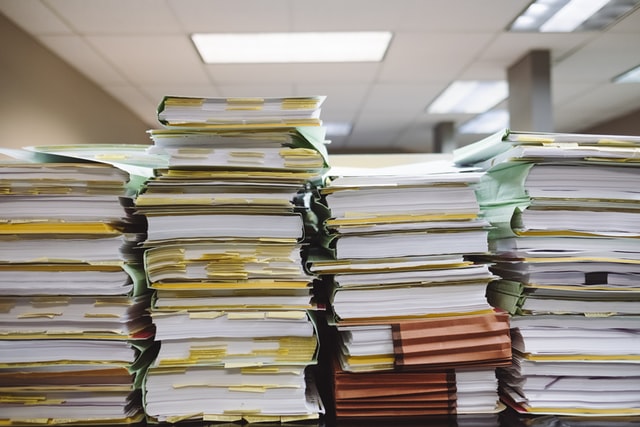Legal transcription services in the UK play a crucial role in the legal industry, offering accurate and efficient transcription of spoken legal proceedings into written documents. These services are essential for law firms, solicitors, courtrooms, and other legal entities requiring detailed and precise documentation. One primary use of legal transcription services is creating records of court proceedings, hearings, and depositions. These transcripts serve as official records that can be referenced during appeals or future cases. They also provide a clear and unalterable account of what transpired, ensuring fairness and transparency.
Legal
transcription services UK are pivotal in preparing legal documentation such as witness
statements, affidavits, and legal contracts. By converting audio recordings
into text, transcriptionists help legal professionals save time, allowing them
to focus on case preparation and client representation.
·
Another
significant use is in dispute resolution. Accurate transcription ensures that
conversations, negotiations, or mediations are documented verbatim, avoiding
misunderstandings or misinterpretations.
·
Legal
transcription services support compliance with regulatory and legal
requirements.
·
Written
records are often mandatory for audit purposes or when adhering to specific
laws, such as data protection regulations in the UK.
·
The
accuracy and confidentiality of legal transcription services are paramount.
·
Professional
transcriptionists are often well-versed in legal terminology and maintain
strict confidentiality agreements to safeguard sensitive information.
Legal
transcription services in the UK provide invaluable support to the legal
sector, enhancing efficiency, accuracy, and compliance while enabling legal
professionals to focus on delivering justice.

Comments
Post a Comment